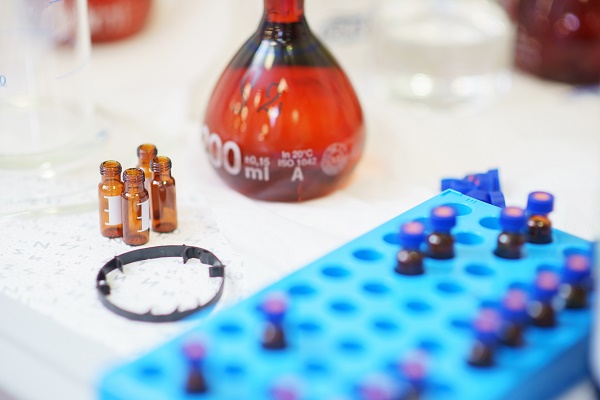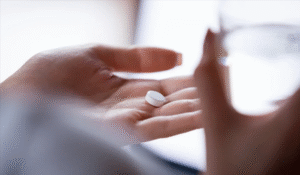Analytical Method Validation in Pharmaceutical Development

stability testing
Analytical methods must be able to demonstrate that during pharmaceutical development and manufacturing they are fit for their intended use. Analytical methods are used to establish the identity, purity, physical characteristics and potency of the pharmaceutical formulations. Such analytical methods are developed by the pharmaceutical testing laboratories that will support pharmaceutical drug testing against the specifications during the manufacturing process and drug release operations. They also carry out long-term stability testing, safety and evaluation of drug performance.
Analytical procedures are commonly used for
- Identification tests
- Quantitative tests of the active moiety in API
- Limit testing for heavy metals and other contaminants for control of impurities
- Testing for critical excipients like preservatives and stabilizers
- Assay of single drugs and fixed dose combinations
- Stability indicating assay methods
- Single and multi drug methods for cleaning validation studies
On-going process
Pharmaceutical testing labs use analytical method development as a continuous process that has various phases. In the early stages of drug development the analytical methods adopted by the testing laboratory will probably focus on API behaviour. The methods will undertake safety evaluation, pre-formulation studies and stability studies. As the pharmaceutical drug development progresses the testing laboratory refines and expands the analytical methods with an increase in knowledge of the API and drug formulation. Since the pharmaceutical industry is subject to strict regulations because of the nature of the products the analytical methods are strictly based on regulatory guidelines.
Analytical method process
Pharmaceutical testing laboratories search various pharmacopeia for availability of suitable analytical methods or develop their own. They have the experience to select the appropriate chromatographic technique like TLC, HPTLC, GC, HPLC or CE. Testing labs also perform several experiments so as to be able to establish performance limit of the method. They even carry out forced degradation studies where the API is degraded by acid, base or peroxide. This helps to determine the capability of the method to separate and quantify impurities and is useful for stability testing. Once a method is established which indicates stability, the formulated drug product is subjected to heat and light to see if there is degradation of the API in formulation excipients. Parts of each process may occur concurrently or they could be refined at various phases of drug development. The pharmaceutical testing laboratory modifies existing analytical methods if any changes take place during drug development and will also carry out any additional validation or transfer activities if they are required.
Robust analytical methods
Analytic method development, validation is a key element of a pharmaceutical development program. Therefore pharmaceutical testing labs follow a robust and written standard operating procedure (SOP) that also describes the process of how to conduct method validation. The testing laboratory uses qualified and calibrated instrumentation and a well-documented test method along with an approved protocol. The protocol describes the method performance parameters to be tested, how the parameters will be assessed, and the acceptance criteria that will be applied. Finally, samples of API, placebos, and reference standards are used to perform the validation experiments.




